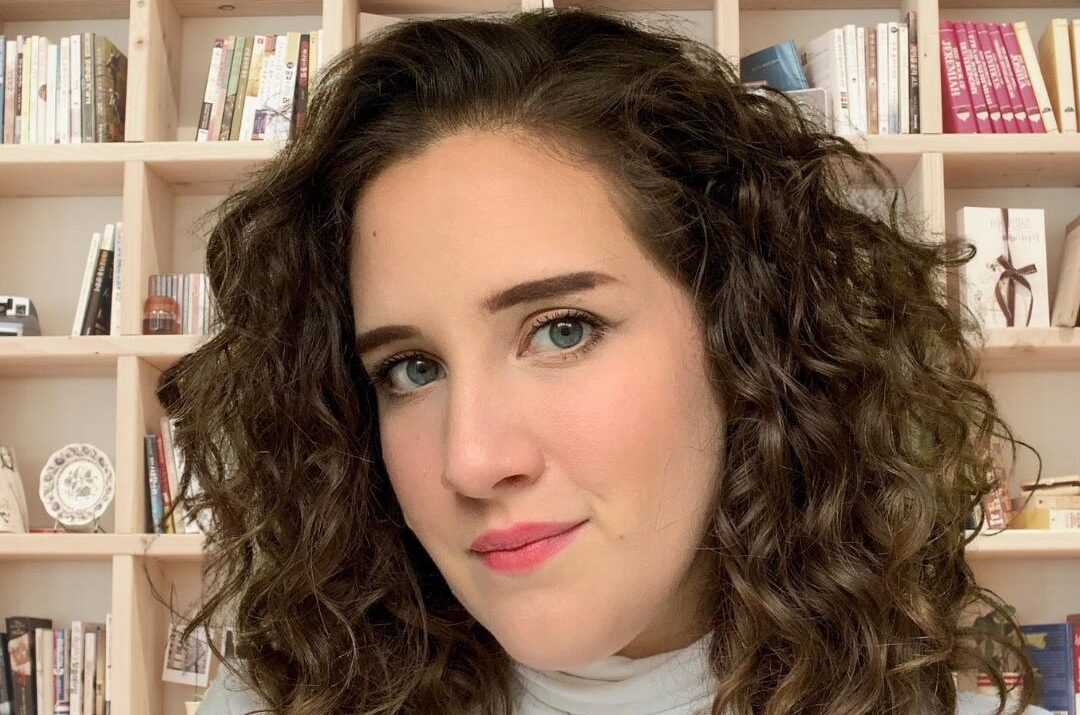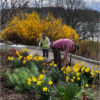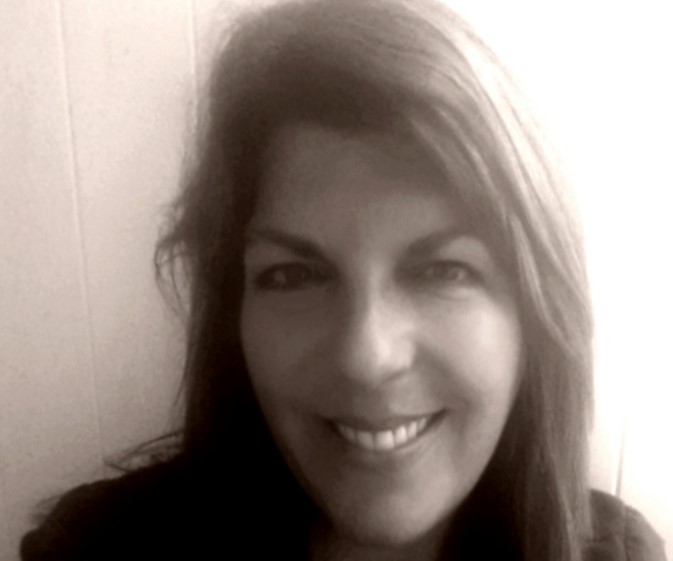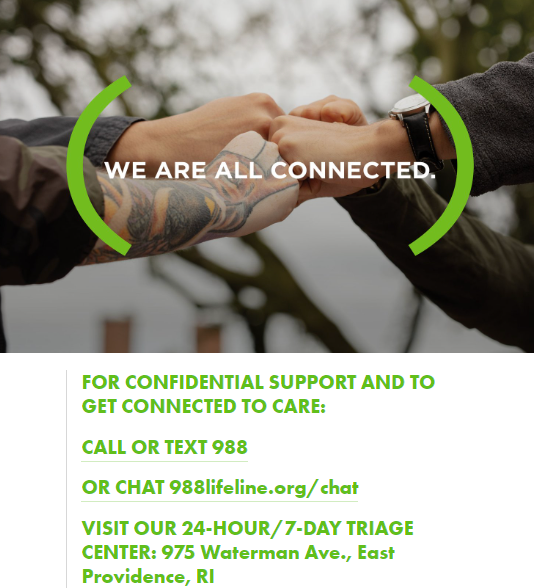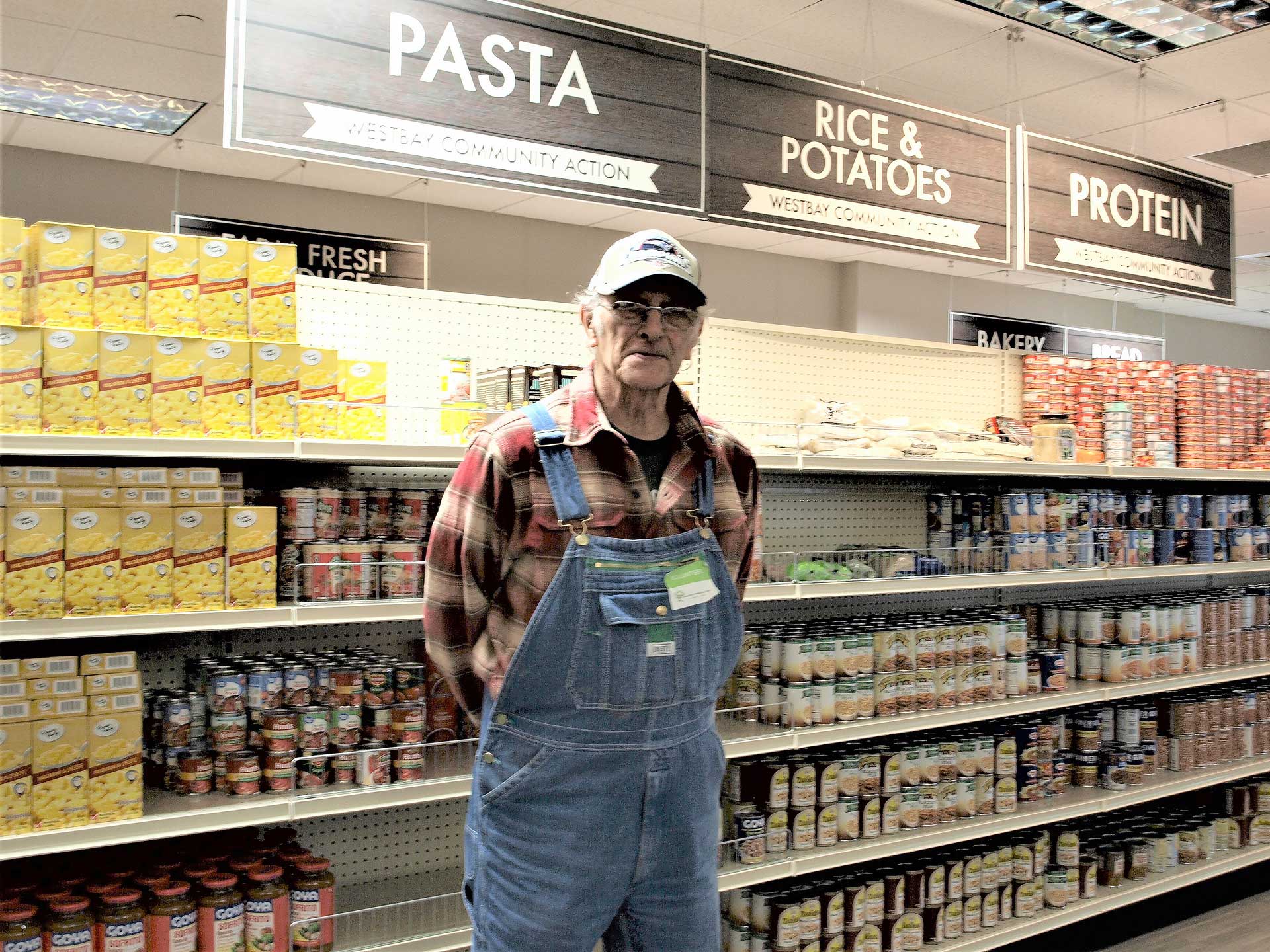
Alicia, let’s start with multilingualism. For those who might not know, what is it?
Multilingualism refers to the ability to communicate in more than one language fluently. There are many ways to become multilingual. I emigrated to the United States from Mexico so I became multilingual when I added English to my language toolbox. Many learn languages like me, by moving from one place to another, others through schooling such as taking Italian in university. Others learn it because they work within communities that communicate in different languages whether that be American Sign Language, Khmer, Farsi, or Portuguese. Oftentimes we see language acquisition as the subjugation of one language over the other. Going back to my own example: when my family emigrated from Mexico the the U.S., the educational landscape was quite different and there was an unspoken ideal of assimilation- which implicitly meant sacrificing my first language, Spanish, for the sake of gaining English. Thankfully, I was surrounded by family members that did not bend to that mindset. They believed, as I believe, that we should have an additive mindset – I know Spanish AND English, I am Mexican AND American. When we look at languages through this mindset we open ourselves up to a deep well of knowledge and connection with others.
Do you have an estimate of how many Rhode Island residents are multilingual?
According to the American Community Survey (ACS) conducted by the U.S. Census Bureau, about 20% of Rhode Island residents spoke a language other than English at home. That is roughly 218,800 residents, which means a sizable portion of the population could potentially be multilingual.
Why is it important to promote multilingualism in Rhode Island?
Rhode Island is filled with languages and language stories. Stories of erasure, forced assimilation, sustaining, and celebrating. Our streets lanes dividers painted in homage to our multicultural heritage in places like Pawtuxet Village or Federal Hill, yet we have seen a big loss in sustaining those languages. Oftentimes when talking to a Rhode Islander of proud Portuguese heritage, they will share that they only know a word here or there, or cannot communicate with the family back in the Azores. I can’t count how many students have told me how they can’t communicate with their grandparents because of a language barrier. Multilingualism offers numerous quantifiable and qualitative benefits, including improved academic outcomes, a competitive edge in the workforce (with roughly 9 in 10 employers seeking bilingual employees), enhanced communication abilities, and better socio-emotional skills. From an asset-based perspective, promoting multilingualism makes sense: the more languages someone speaks, the more opportunities they have. However, the reality is different. Each year, students graduate from an outdated educational system that views them through a deficit lens and provides less equitable education compared to their monolingual English-speaking peers. This disparity leads to challenges in employment and accessing services, perpetuating cycles of poverty and homelessness. Promoting multilingualism is crucial to breaking these cycles and ensuring equal opportunities for all.
Now can you please give us an overview of the Coalition for a Multilingual RI. What is its history and mission?
The Coalition was formed six years ago in 2019 after our first Multilingual Education Advocacy Day (MEAD) at the Rhode Island State House. Like-minded organizations, organized by RIFLA, came together to introduce the World Language and Dual Language Immersion Act in collaboration with JNCL. Fast forward six years and our organization is made up of 30 member organizations, and have significant wins under our belt such as the 2023 securing of 500K in RI Reconnect funds for wrap-around services for educators seeking Bilingual, Dual Language or World Language Education certification. Our mission is to support the expansion of multilingualism through advocacy and opportunities so that Rhode Island can be a truly multilingual state.
The coalition is active at the State House. What are some of your legislative priorities?
Our legislative priorities are two companion bills: the Support and Access to Bilingual Education (SABE) Act, and the Bilingual Dual Language, and World Language Teachers Investment Act. The SABE Act would provide incentives for schools and districts to create, implement, or expand their dual language programs. These programs have been shown to have the best outcomes for all students- multilingual and monolingual. The latter bill would create a scholarship fund for teachers seeking Bilingual Dual Language or World Language certification. This comes with a scholarship obligation which stipulates that for every year recipients receive the bill, they are then to commit to working in an urban core or urban ring school for a year.
Tell us about the coalition members. They range from RI KIDS COUNT to Progreso Latino.
The coalition members are organizations that share our core values: that multilingualism is an asset, that all Rhode Islanders deserve the opportunity to be multilingual, and that better programs and qualified teachers are needed to serve the unique needs of our diverse population. We are lucky to have organizations should as RI Kids Count who do incredibly data collection and analysis work, and Progreso Latino that is deeply embedded in the Latinx community of Pawtucket and Central Falls supporting the mission of the Coalition. We are also so grateful for Young Voices and Rhode Island for Community and Justice, who are two of our youth-led member organizations who inspire us constantly with their lived and learned experience, and dedication to a better Rhode Island for all.
Are new members welcome?
Yes! If you are interested in having your organization join us, please reach out to info@multilingualri.org.
Can you give us your background and how you came to be Coalition coordinator? We see on the Coalition website that before coming to Rhode Island, you were an English teacher in Beijing China, and dual-language teacher in Cancun, Mexico.
I was born in a very small town in the state of Veracruz in Mexico and shortly after being born my family moved to Cancun, Mexico, and then when I was ten years old to Edinburg, Texas. Growing up in Cancun, I was part of a very multicultural city. Cancun is young in age but extremely diverse. I didn’t think much of it then but I’ve come to have a deep appreciation for the little city that was filled with languages, dialects, foods, and celebrations from so many different places. When we moved to Texas, I was then shown a different culture(s)- American culture, but also Texas culture, and if we want to get specific: Valley culture (the area of Texas I moved to is referred to as the Rio Grande Valley). I learned English in Edinburgh, but also Spanglish. Then I left the Valley for Brooklyn, New York to study Creative Writing at Pratt Institute. New York was like taking the diversity I had seen in Cancun and multiplying it by one million. Whereas in Cancun we had a couple Italian cafes dotting the city, New York had entire neighborhoods. It was exciting, and it made me interested in translation work and adding a language to my toolbox yet again and so I took German (the tool is rusty but I hope to sharpen it soon).
After college, I was a little adrift and did what a lot of young people trying to figure out adulthood do: moved across the world. My move took me to Beijing where I taught English and learned some basic Mandarin. With my contract end, came the realization that as much as I enjoyed China, I wanted to be closer to home so I moved to Cancun. In Cancun I had the absolute privilege of working with the best 3rd and 4th graders ever in a dual-language Spanish/English school called Winston Churchill. I saw how my students built their fluency and soaked up language and I realized that this worked! After my year at Winston Churchill, the school shut down, which put another move in the cards for me and that led me to Rhode Island.
I’d like to think that sooner or later I would’ve found the Coalition as our work is so important to me. I moved to Rhode Island during the pandemic and after working in the finance industry for a year I needed to move into something that better aligned with my interests and values. I had been working part-time at the Coalition as the Social Media Coordinator and I was so drawn to the work and mission that when the Coordinator position because available through the great generosity of a Capacity Building grant from Nellie Mae Education Foundation, I jumped at the chance to transition to this role- and I’m so glad I did!
And what drew you to Rhode Island?
My friends from college. After my school in Cancun shut down, I moved to Texas to stay with my parents. During this time, I visited my friends who had moved to Providence. Ater a whirlwind couple of days in which they tried their best to show me how great Rhode Island is- they succeeded in convincing me to move!
What do you foresee the future will hold for the coalition?
I foresee a lot of advocacy work coming our way. There are so many people doing the work, sharing their stories, trying to make a more equitable system, but we need to hold the line and continue. Rhode Island is already multilingual but it’s about shifting the narrative and getting people to see how important and urgent it is to advocate so that our students can get the resources they need, our teachers can get certified and fill the historic vacancies we’re seeing, and our languages be uplifted.

